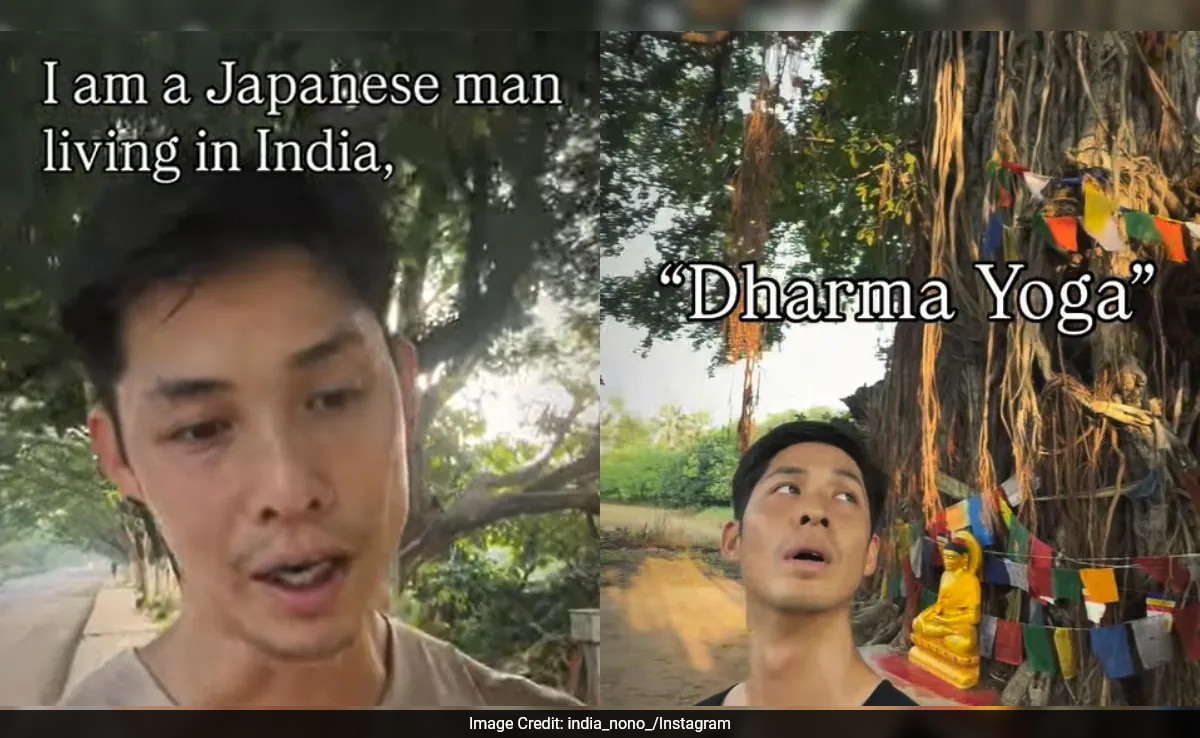Japanese National Embraces 'Dharma Yoga,' Shares Life-Changing Spiritual Insights from India
This viral story underscores the universal appeal and transformative power of ancient Indian wisdom, demonstrating how dharmic principles can profoundly impact lives globally.

Want daily inspiration like this? Subscribe to our newsletter!
Article Summary
Japanese national Nozomu Hagihara, residing in India, shared a viral video explaining 'Dharma Yoga' as a life philosophy beyond physical practice. He describes Dharma Yoga as rooted in honesty, compassion, and discipline, inspired by the Yoga Sutras' principles of Yama and Niyama. The concept emphasizes living with awareness, kindness, and purpose, along with flexibility of the heart.
Original Article: ndtv.com
[ Sentiment: positive | Tone: factual ]
This summary and analysis were generated by TheNewsPublisher's editorial AI. This content is for informational purposes only; it does not constitute spiritual or religious advice.
[ Sentiment: positive | Tone: factual ]
This summary and analysis were generated by TheNewsPublisher's editorial AI. This content is for informational purposes only; it does not constitute spiritual or religious advice.
TNP AI: Key Insights
"Dharma Yoga," as articulated by Nozomu Hagihara, encapsulates the essence of righteous living (Dharma) as a spiritual practice, extending beyond physical postures to encompass ethical conduct and inner discipline. This approach aligns with the foundational principles of Sanatana Dharma, where adherence to universal moral and ethical values is paramount for holistic well-being and spiritual evolution.
The viral popularity of Hagihara's message highlights the increasing global resonance of Hindu spiritual wisdom, particularly the practical application of Yoga philosophy in daily life. It demonstrates how ancient Indian teachings, such as the Yoga Sutras' Yama and Niyama, are being embraced internationally as universal guidelines for purposeful and compassionate living.
Yama (universal moral commandments like non-violence, truthfulness, non-stealing) and Niyama (personal observances like purity, contentment, self-study) are the first two limbs of Patanjali's Ashtanga Yoga, forming the ethical bedrock for any spiritual journey. Their centrality in 'Dharma Yoga' underscores that true spiritual practice begins with character building and ethical integrity, providing a stable foundation for deeper meditative and yogic states.



